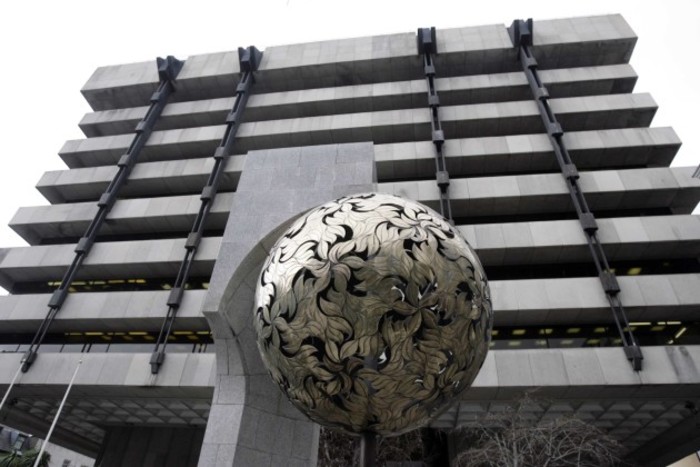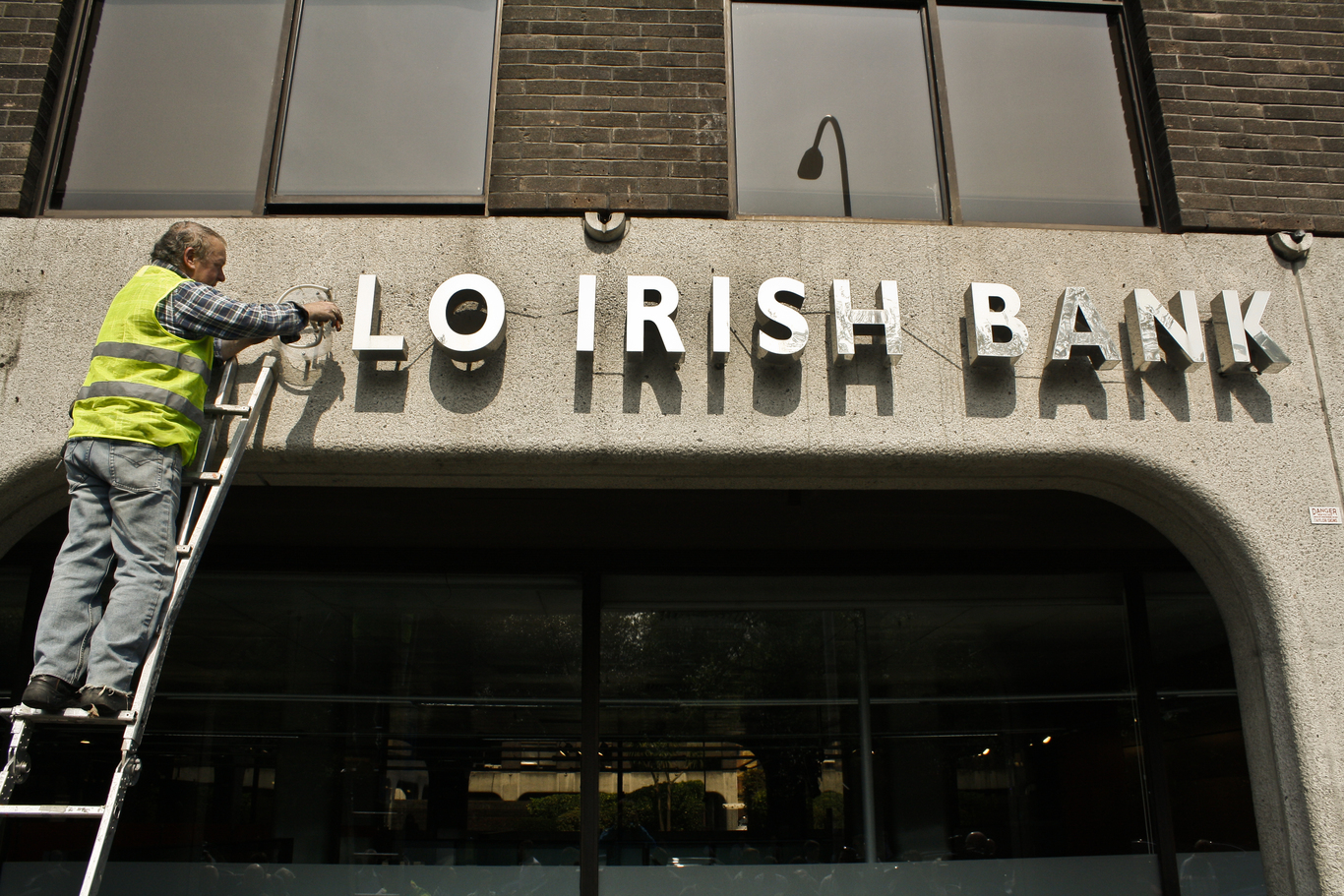It looks like some Irish banks may have forgotten the lessons of the crash
One of the Central Bank’s directors is worried that Ireland’s lenders have short memories.
SOME OF IRELAND’S banks are in danger of forgetting the lessons of the crash and developing an “aggressive” lending culture.
That is according to one of the directors of the Central Bank, who also warned that there may be some issue with the amount of risk that lenders are willing to take on.
Speaking at a Banking and Payments Federation of Ireland event today, Central Bank director of credit institutions supervision Ed Sibley said that many banks still have high levels of non-preforming loans (NPL) which need to be addressed.
“As (of the end of) June, across the five main domestically-focused banks, €45 billion of loans were non-performing, representing 19% of their combined loan books,” he said.
“Eight years after the infamous night of the guarantee (and) nearly seven years after the establishment of NAMA and the subsequent transfer of €74 billion of loans, there still remains €45 billion of NPLs on the retail banks’ balance sheets.”
A blight
He added: “While there has been considerable progress, the high levels of NPLs remain a considerable problem. They are a blight on lenders, on borrowers and the wider economy.
“They directly impact on the pricing of new and existing lending. Similarly, they are likely to stifle competition through dis-incentivising new entrants due to the uncertainty of the recoverability of loans.”
 The Central Bank building on Dame Street
The Central Bank building on Dame Street
Sibley acknowledged that lending money is “inherently risky”, and added that he did not want to see Irish banks become extremely conservative.
Aggressive lending
However, he added: “We must not forget the lessons from the bubble years and the more recent past, such that we never again have such a catastrophic and systemic failure of lending standards and practices.
“Some memories do appear to be surprisingly short, both within the banks and outside them. We have already seen some evidence of a return of more aggressive lending practices and cultures and issues with risk appetites.”
He said that the fact that non-performing loans remain so problematic in Ireland and across the eurozone “demonstrates the catastrophic consequences of sustained, systematic imprudent and unchecked lending”.
“We forget the lessons from this crisis at our peril. All of our actions need to both address the legacy of the crisis and mitigate and reduce the risk of recurrence,” he said.






